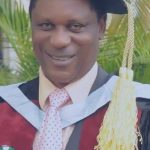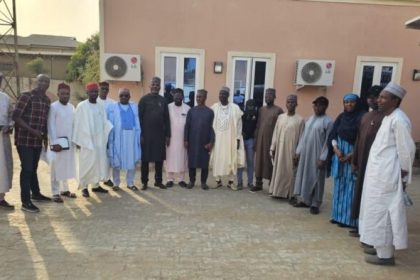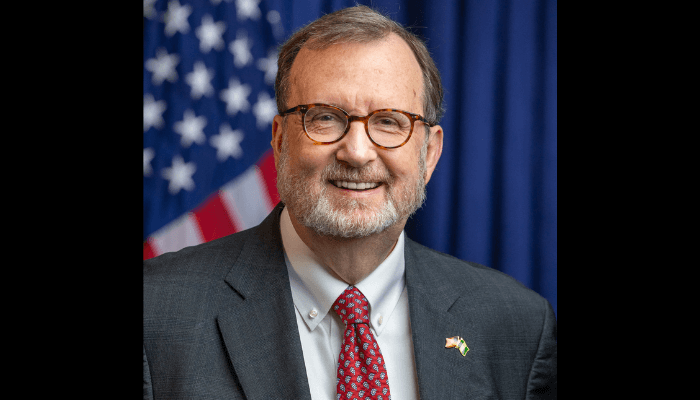Abayomi Ajayi, founder of Nordica Fertility Centre, has said that the success rates of assisted reproductive methods such as in vitro fertilisation will improve significantly as artificial intelligence advances.
The fertility expert who has led over 5,000 conceptions in 22 years of operating in Nigeria said new knowledge about precision medicine is springing up to improve fertility success.
He explained that despite the availability of different methods to determine the success of an IVF procedure, experts still can’t tell 100 percent that it will result in conception.
“One of the greatest challenges we still have is being able to identify the sperm that has the highest potential to fertilise the egg to become a baby and the egg that has the potential to be fertilised into a baby,” Ajayi said during a briefing to mark the centre’s 22nd founding anniversary.
“We use so many ways to predict them, but we know they are not 100 percent correct. Also, predicting whether an embryo can become a baby has improved, but still, we know that it is not 100 percent.”
Ajayi said that with improved technology, it could become possible to even grow eggs and sperm in laboratories, ending the use of donor eggs.
By sifting through vast patient data, from genes to lifestyle, AI is revolutionising precision medicine, paving the way for tailored treatments, sharper diagnoses, and better health results.
For instance, AI-driven pharmacogenomics can pinpoint genetic clues to predict how patients will respond to specific therapies.
Ajayi noted that Nordica Fertility Centre will continue to leverage cutting-edge technology to advance reproductive health services in Nigeria and reduce the incidence of infertility.
Speaking on challenges facing the provision of reproductive health services, Ajayi lamented that a significant and ongoing challenge he faced when trying to establish a clinic was with customs importation.
He noted that even now, the executive order to exempt medical imports from value-added tax and duties remains unimplemented, as they are currently importing items at a very high cost.
He also highlighted the difficulty of operating in Nigeria, where income is in naira but essential equipment must be purchased in euros or pounds.
Furthermore, Ajayi pointed out that upon importing goods, customs charges are levied based on foreign exchange rates, which differ from the process for car imports.
However, he expressed hope that the federal government would implement the executive order they have already passed.
Regarding power infrastructure, Ajayi emphasized the substantial expense of relying on diesel, stating that each of their clinics operates on three generators and has its transformer.
He affirmed that all these power provisions were put in place privately, stressing that the cost of providing power is a major concern, rendering their business uncompetitive globally and causing their profit margins to decrease daily due to currency fluctuations.
Ajayi stated his current focus is on consolidating the company’s achievements by staying at the forefront of technology.
For recipients, he suggested that people should educate themselves about how IVF works before getting married.











